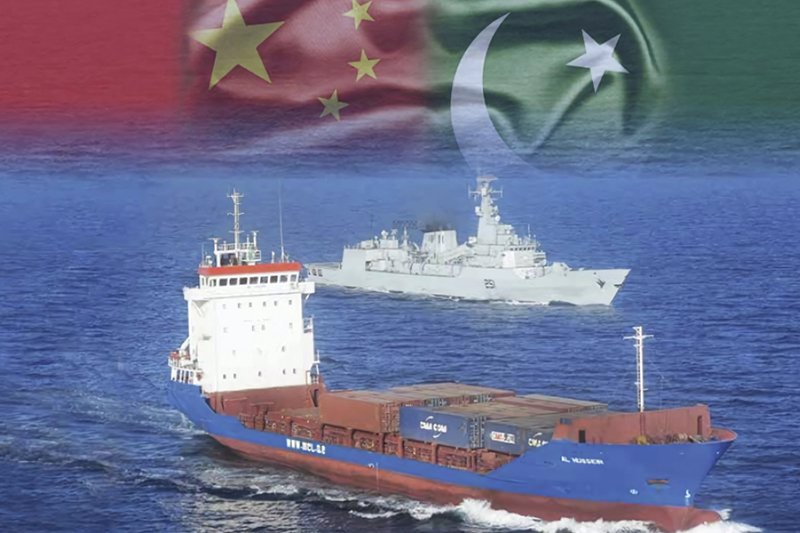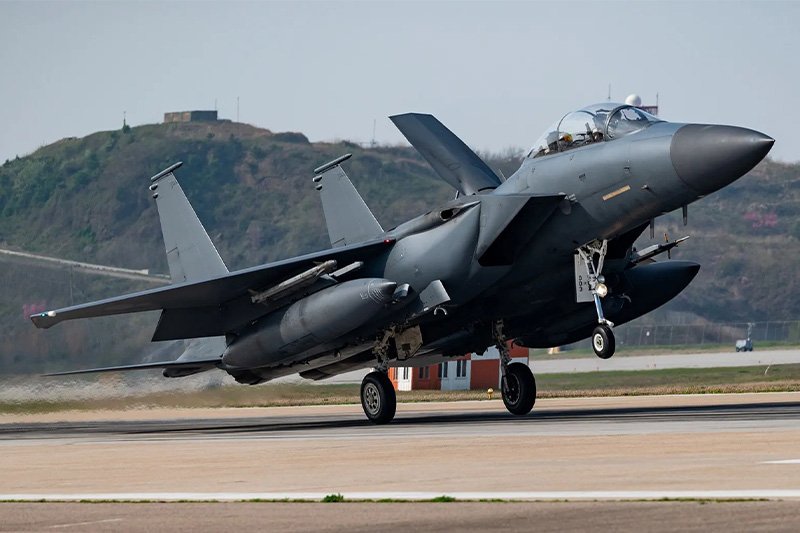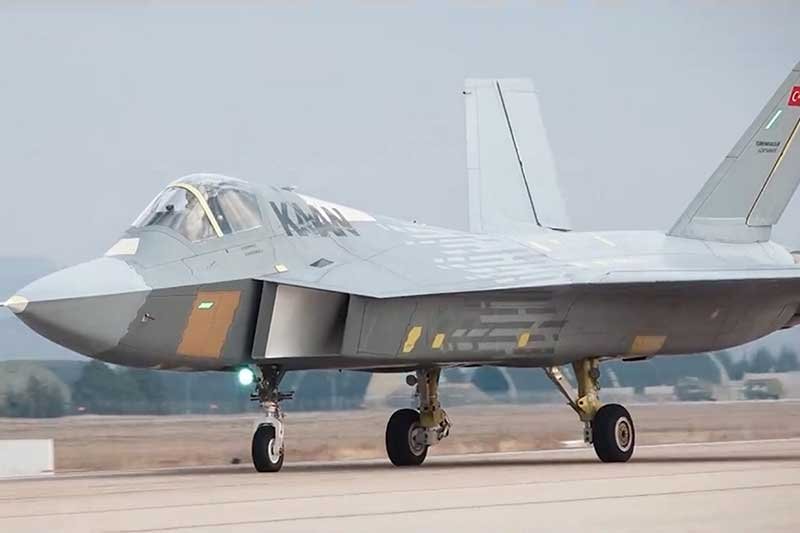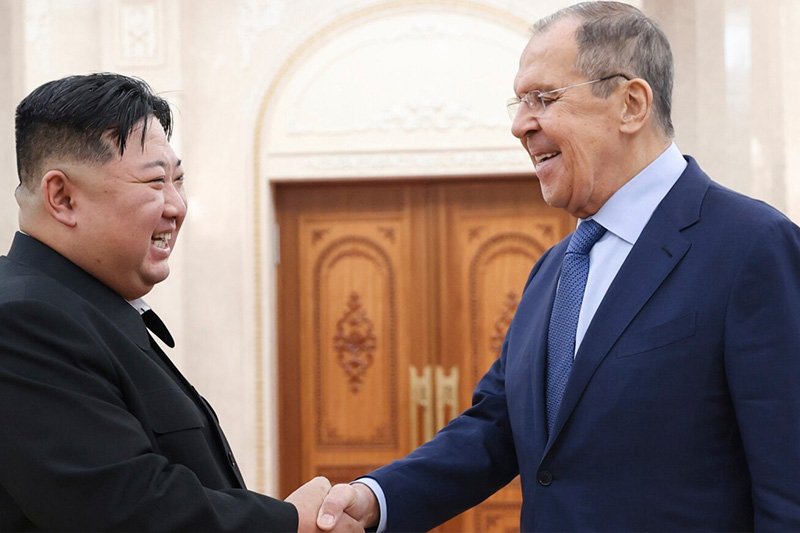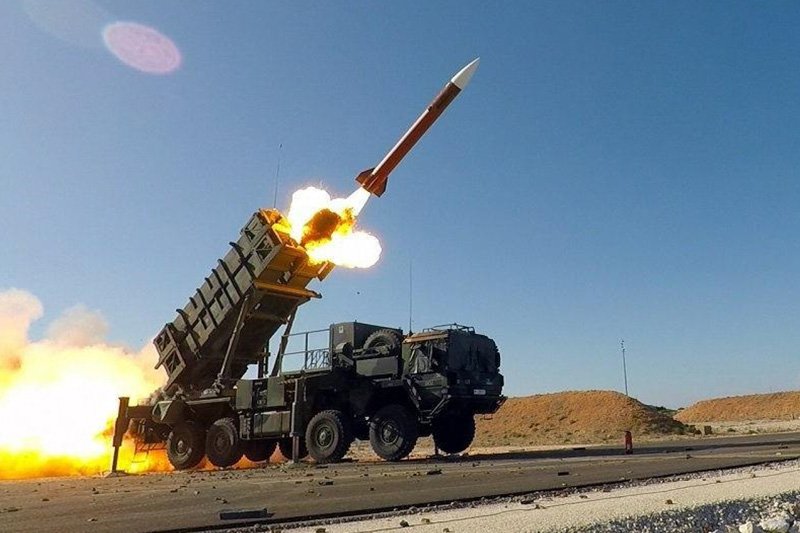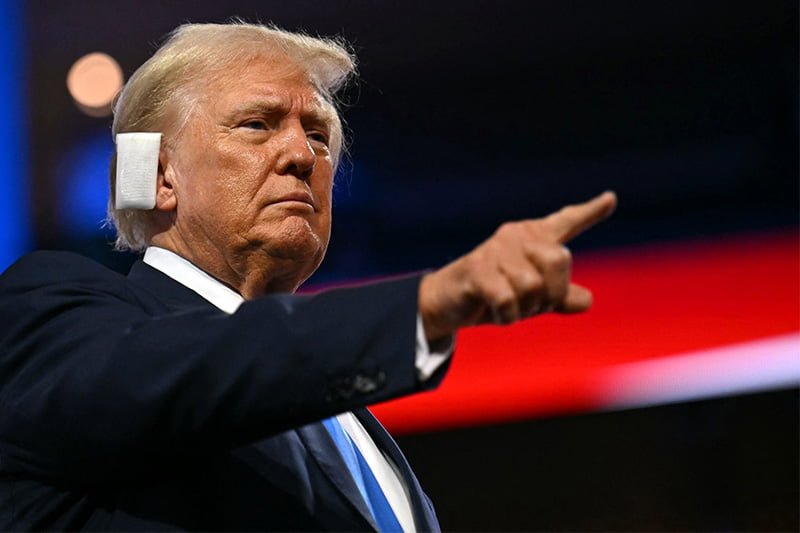Trump says Taiwan should pay the US for its defence
Former US President Donald Trump’s recent comments on Taiwan have ignited a debate about the future of US-Taiwan relations and defense commitments. In an interview with Bloomberg Businessweek, Trump suggested that Taiwan should pay the United States for its protection against China, comparing the arrangement to an insurance policy.
Trump’s Controversial Statements
Trump’s remarks have raised eyebrows in both Washington and Taipei. He claimed that Taiwan “doesn’t give us anything” in return for US protection and questioned why the US should act as Taiwan’s “insurance” when, according to him, Taiwan had taken American chip business. These statements contradict the long-standing US policy of strategic ambiguity towards Taiwan and its commitment to the island’s defense.
Also read this: Pakistan Navy Warship Now Operating in Indian Ocean
Taiwan’s Response
Taiwan’s Premier, Cho Jung-tai, responded to Trump’s comments by emphasizing the strong relationship between Taiwan and the US, despite the lack of formal diplomatic ties. Cho highlighted Taiwan’s efforts to increase its self-defense capabilities and its willingness to contribute more to regional security. He also stressed the importance of keeping semiconductor research and development in Taiwan, inviting foreign companies to establish operations on the island.
US-Taiwan Defense Relationship
The United States has been Taiwan’s most important security partner, selling billions of dollars worth of weapons to the island under legislative obligations. These sales notably increased during Trump’s presidency. However, Trump’s recent comments suggest that his support for Taiwan might not be unconditional if he were to return to the White House.
Impact on Semiconductor Industry
Trump’s claims about Taiwan taking “almost 100%” of the US semiconductor industry are not supported by evidence. While Taiwan does produce over 90% of the world’s most advanced chips, primarily through Taiwan Semiconductor Manufacturing Co Ltd (TSMC), the company is actively investing in new factories overseas, including a $65 billion investment in Arizona.
Trump’s statements on Taiwan are part of a larger discussion about potential changes in US foreign policy towards China. He has pledged to impose significant tariffs on China if re-elected but also mentioned backing down on banning TikTok. These mixed signals raise questions about the consistency and predictability of US policy in the region under a potential second Trump administration.
Trump’s comments have stirred controversy and uncertainty regarding the future of US-Taiwan relations. As the 2024 US presidential election approaches, the international community will be closely watching for any shifts in US policy towards Taiwan and the broader Indo-Pacific region. The debate underscores the complex nature of US-Taiwan-China relations and the potential for significant policy changes depending on the outcome of the election.
Keep connected with us at Facebook, Twitter, YouTube, Instagram & TikTok for latest defense happening around the globe.


